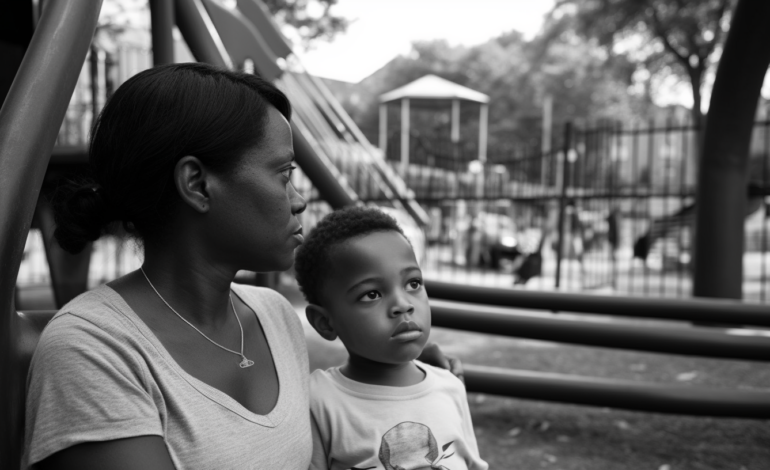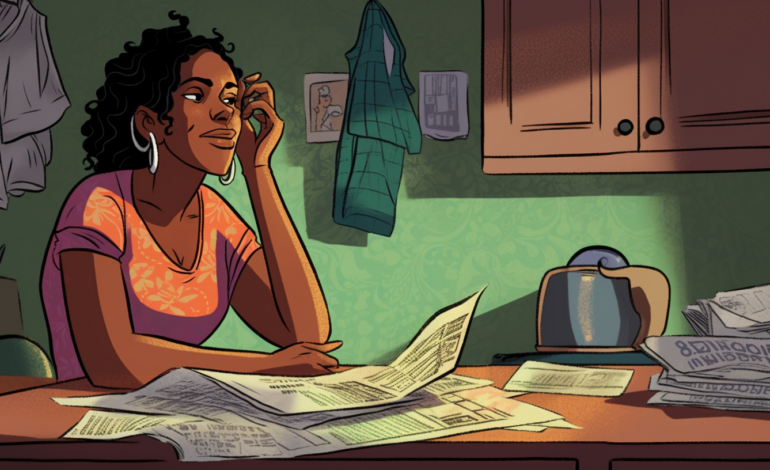
Top Strategies to Help Your Special Needs Child Make Friends: A Comprehensive Guide
As a parent of a special needs child, you may be concerned about your child’s ability to make friends and build social connections. Making friends can be challenging for children with special needs, but it is not impossible. In fact, there are many strategies that parents can use to help their child develop social skills and foster friendships with peers.
The Benefits of Friendships for Children with Special Needs
Friendships are essential for all children, including those with special needs. Having friends can help children develop important social skills, such as communication, sharing, and cooperation. It can also help them build self-esteem and confidence, reduce stress and anxiety, and improve their overall well-being.
For children with special needs, friendships can be particularly important. Children with special needs often face unique challenges when it comes to socialization, such as difficulty communicating or sensory processing issues. Having friends who understand and accept them can help these children feel more included and less isolated.
The Challenges of Making Friends for Children with Special Needs
Making friends can be challenging for any child, but it can be particularly difficult for children with special needs. Some of the challenges that these children may face include:
- Difficulty communicating: Children with speech or language delays may struggle to communicate effectively with their peers.
- Sensory processing issues: Children who have sensory processing issues may find certain environments or activities overwhelming or uncomfortable.
- Social anxiety: Some children with special needs may feel anxious or overwhelmed in social situations.
- Limited opportunities: Depending on the nature of their disability, some children may have limited opportunities to interact with peers outside of school or therapy sessions.
Despite these challenges, there are many strategies that parents can use to help their child make friends and build social connections.
Top Strategies to Help Your Special Needs Child Make Friends
Here are some strategies that parents can use to help their special needs child make friends:
1. Encourage Inclusion
One of the most important things that parents can do to help their special needs child make friends is to encourage inclusion. This means advocating for their child’s right to participate in activities and events with their peers, and promoting an inclusive attitude among other children and adults.
Parents can encourage inclusion by:
- Talking to teachers, coaches, and other adults about their child’s needs and abilities
- Encouraging their child’s classmates to include them in activities and games
- Promoting understanding and acceptance of differences among all children
2. Arrange Play Dates
Play dates can be a great way for children with special needs to develop friendships in a low-pressure setting. Parents can arrange play dates with classmates or other children in the community who share similar interests with their child.
When arranging play dates, it is important for parents to:
- Talk to the other parent or caregiver about any special needs or accommodations that their child may require
- Select activities that are enjoyable for both children and provide opportunities for interaction and communication
- Supervise the play date as needed, while also allowing the children some independence to interact on their own
3. Build Social Skills through Therapy
Social skills therapy can be an effective way for children with special needs to develop the skills they need to make friends and build relationships with peers. This type of therapy may involve role-playing, social stories, or other activities designed to help children understand social cues and interact more effectively with others.
Parents can work with their child’s therapist or counselor to identify specific goals for social skills development and track progress over time.
4. Join a Support Group
Support groups can be a valuable resource for parents of children with special needs. These groups provide a supportive community where parents can share experiences, ask questions, and receive guidance from others who have similar experiences.
Some support groups may also offer opportunities for children to interact and play with peers in a supervised setting.
5. Foster Peer Interaction
Parents can also take steps to foster peer interaction outside of school or therapy sessions. This may involve:
- Joining community groups or clubs that align with their child’s interests
- Participating in recreational activities that provide opportunities for socialization, such as sports teams or art classes
- VOLUNTEERING at local events or organizations that serve children with special needs
In Conclusion
Making friends can be challenging for children with special needs, but it is not impossible. By encouraging inclusion, arranging play dates, building social skills through therapy, joining support groups, and fostering peer interaction, parents can help their child develop important social connections that will benefit them throughout their lives.
Remember that every child is unique and may require different strategies to build friendships. With patience, persistence, and a willingness to try new approaches, parents can help their special needs child develop the skills and confidence they need to make friends and thrive socially.






